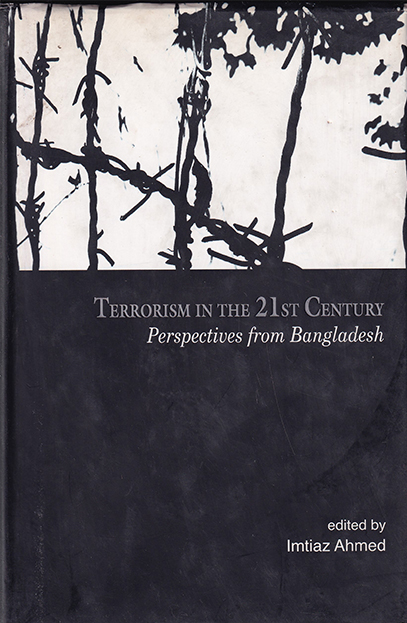
- Shop
- Terrorism in the 21st Century: Perspectives from Bangladesh
Terrorism in the 21st Century: Perspectives from Bangladesh
https://uplbooks.com/shop/9847022000202-terrorism-in-the-21st-century-perspectives-from-bangladesh-8279 https://uplbooks.com/web/image/product.template/8279/image_1920?unique=3d813f3
| Language: English |
Tags :
Book Info
At the dawn of the 21st century, the specter of terror has come to haunt the minds of citizens and policymakers alike. Three reasons seem to be responsible for this. Firstly, the empowering status of non-state entities. Secondly, the easy availability of deadly, weaponry, including the knowledge of turning grocery items into improvised explosive devices. And thirdly, the arrival of suicide bombers prided on civilian targets, and again, with an aggressiveness primarily grounded in faith rather than reason. Elements of this have infected almost all the major religious domains, although it must be readily admitted that Muslims are being targeted the most in almost all the continents of the world. People across the globe prefer to talk of all this in terms of 9/11 and there are good reasons for this. A trillion-dollar defence budget, incidentally, of a self-assured superpower could not stop a dozen or more non-state elements from carrying out a demonic feat, killing in the process 3000 of its residents and causing an instant financial loss of US$ 60 billion! The power of the state never suffered such a shock at the hands of the non-state in the entire history of its being. But then, 9/11, spectacular as it may have been, was hardly an exception. A less dramatic version of it, indeed, with non-state entities challenging the power of the state, could be found throughout the world. Bangladesh too had its share: the bomb attack on a pro-left cultural rally in March 1999; the bomb explosion at Ramna on the Bengali New Year day in April 2001; the grenade attack on Sheikh Hasina in August 2004; country-wide explosions in 63 districts in August 2005; and suicide bombers targeting courtrooms and court premises in three districts in October 2005. This is however a selective list from numerous incidents. But then the question that merits attention is, is there something quintessentially Bangladeshi when it comes to terrorism? The authors of this volume provide answers to this query.

Imtiaz Ahmed
Imtiaz Ahmed is Professor of International Relations and Director, Centre for Genocide Studies at the University of Dhaka. His most recent publications are Historicizing 1971 Genocide: State versus Person (Dhaka: University Press Limited, 2009) and a co-edited volume titled: Contemporarising Tagore and the World (Dhaka: The University Press Limited, 2013).


